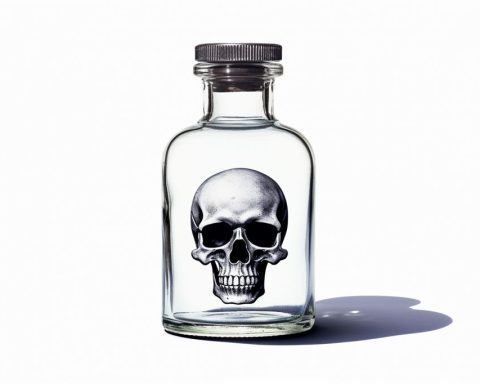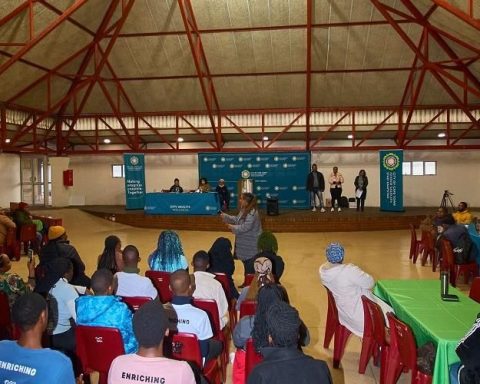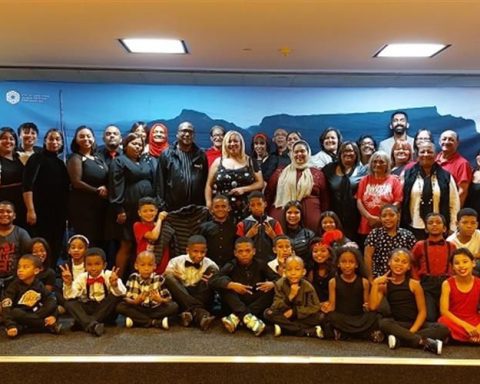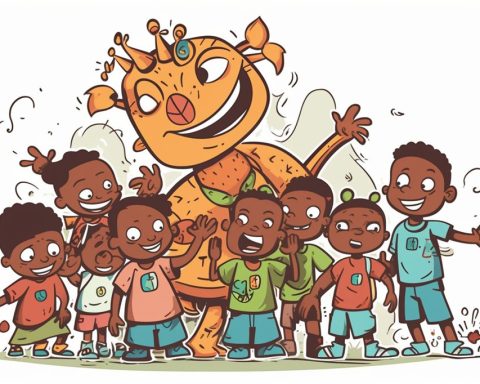Beneath the scenic splendor of the famed Table Mountain and the historical allure of Cape Town, a silent war is being fought. As a result of monetary restrictions, the Kensington Treatment Centre, a sanctuary for citizens desperately requiring support and recovery, has terminated acceptance of adults. This austerity step stems from the Western Cape Department of Social Development’s necessity-driven decision to focus on the welfare of children in secure care.
The Strain on Rehabilitation Facilities
In the last financial year, the Kensington Treatment Centre had offered sanctuary and a possibility of recovery to approximately 120 people. Regrettably, the center’s funding for substance abuse programs has been reduced by R600,000 for the fiscal year of 2023/24. This financial cutback has put an exceedingly susceptible segment of the population at an even greater risk.
The responsibility of accommodating new entrants now falls on the city’s six remaining in-patient facilities. This onus could potentially strain their resources. These centers, situated across various districts including Metro South, North, East, Cape Winelands, Overberg, and West Coast, receive funding from the department. Apart from these, the City of Cape Town operates six outpatient treatment centers, which seemingly provides a robust support network. However, the reality of availing these services is far more intricate and fraught with difficulty, as demonstrated by Bianca Rabbaney’s personal narrative.
Personal Struggles and Triumphs in Rehabilitation
Rabbaney, currently a dedicated volunteer at the U-Turn Homeless Ministries, is intimately familiar with the struggles of obtaining help. She spent over two decades on the streets, wrestling with substance abuse while her family was torn apart by the stress. Many centers dismissed her requests for help, blaming financial constraints or her homeless status. The path to rehabilitation was laden with refusal and disillusionment, making the journey to recovery much more arduous.
Rabbaney’s significant turning point was the Matrix Rehabilitation Programme Parkwood, where she embarked on her journey to sobriety. Now in her eighth year of sobriety, she underscores the need for more such centers. She is an ambassador of hope and recovery and a shining light for those who feel ensnared by their addictions and circumstances.
The Impact of Budget Cuts and Regulation on Rehabilitation Centres
The Western Cape Department of Social Development is cognizant of the impending threat of further financial reductions. The repercussions of such cuts could drastically change the existing rehabilitation program. As part of their strategy, the department is contemplating the regulation of illicit rehabilitation centers. While the objective is to enhance the quality of services offered to the public, centers that fail to comply with the new regulations may be forced to shut down.
For those seeking help, the lengthy waiting period for state-funded beds in registered facilities is another exasperating obstacle. Lise van den Dool, Chief Programme Officer at U-Turn, argues that this delay is damaging as the brief period of readiness to change can rapidly evaporate. Additionally, she notes that the journey does not culminate with rehabilitation. Sustaining recovery relies heavily on constructive work programs that equip individuals for employment demands and assist them in retaining their jobs.
Addressing the Root Cause and Seeking Sustainable Solutions
Substance abuse is the main cause of homelessness in South Africa, second only to loss of income. The stark statistics reveal that Cape Town is home to at least 14,000 homeless individuals. The predicament necessitates creative solutions and increased funding to not only rescue those grappling with addiction but also to equip them with a sustainable route to recovery.
The city’s diminishing resources, juxtaposed with the escalating demand for facilities, present a grim reality. Amidst this emerging crisis, stories of tenacity and resolve, like Bianca Rabbaney’s, serve as powerful reminders of the indomitable human spirit and the profound influence of comprehensive rehabilitation and recovery services.












